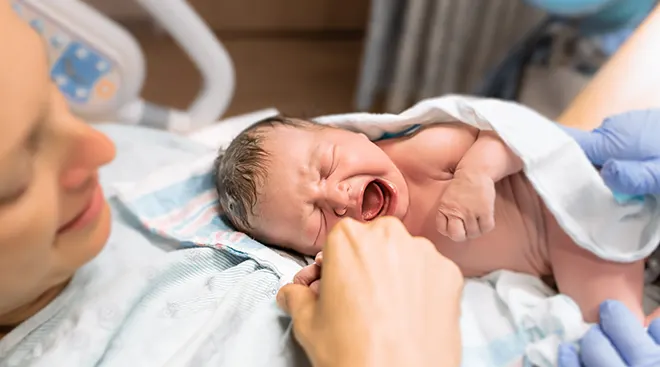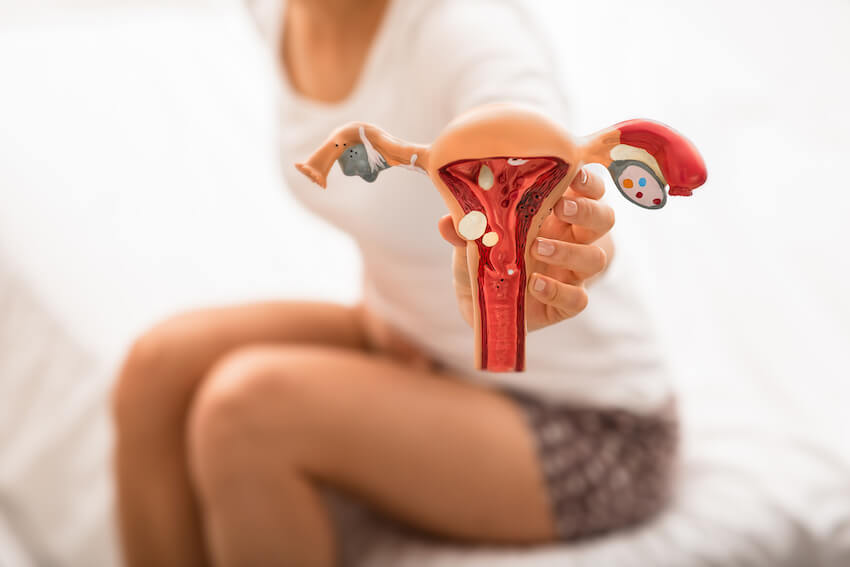Picture this – patient XYZ reports to the OPD with irregular spotting through out the month . On taking a detailed history ,you find out she’s taken an I pill three times in the course of 35 days ,every time she has unprotected sex . She’s also complaining of nausea and occasional vomiting . We do a urine pregnancy test and to her surprise and horror she tests positive for pregnancy . But how? That’s her constant refrain .
Let me tell you about the I pill or the emergency contraceptive pill .
What exactly is the Emergency contraceptive pill?
As the name suggests , the Emergency contraceptive pill is a hormone containing pill that contains a high dose of the hormone Levonorgestrel ( a progesterone ) . It is to be used only in an emergency , ( within 72 hours of sex) for instance when a condom has slipped , burst , leaked or if you’ve forgotten to take your regular oral contraceptive pill . It can be used if there has been an occasional unprotected , unplanned intercourse or if there’s forced sex . It is never to be used as a regular method of contraception . The success rates are about 90 % and failure rates around 10 % . Success rates are better if taken within 24 hours of intercourse . In comparison , the failure rates of regular low dose oral contraceptive pills are less than 1 % only .
Also remember , the I pill can not cause abortion of a pregnancy that has already occurred .

IT IS THEREFORE A BACKUP METHOD OF CONTRACEPTION NOT A REGULAR PRIMARY ONE
Is there misuse of this contraceptive pill ? What are the problems that could arise due to indiscriminate use of this I pill?
The answer to the first part of the question sadly , is yes. This pill is available over the counter and with huge publicity around it , most women are using it without thinking twice . If this is popped so frequently there are chances that there will be irresponsible and unsafe sex leading to sexually transmitted diseases and unwanted pregnancies . This pill also comes with its side effects and is definitely no magic pill .
What are the side effects of the Emergency contraceptive pill ?
This causes headache, nausea , vomiting , breast pain , lower abdominal pain and irregular bleeding . Irregular bleeding may lull one into a false security ,as in the case described above and pregnancy may have happened but is not detected early . These pills are also known to cause ominous tubal ectopic pregnancies should they fail .

Hence please give up using this commercially easily available pill as the magic cure or prevention of an unwanted pregnancy ; switch to regular methods of contraception some of which even protect you against STDs like gonorrhoea , chlamydia, herpes , HIV , hepatitis B etc .
Take charge of your reproductive health today .







